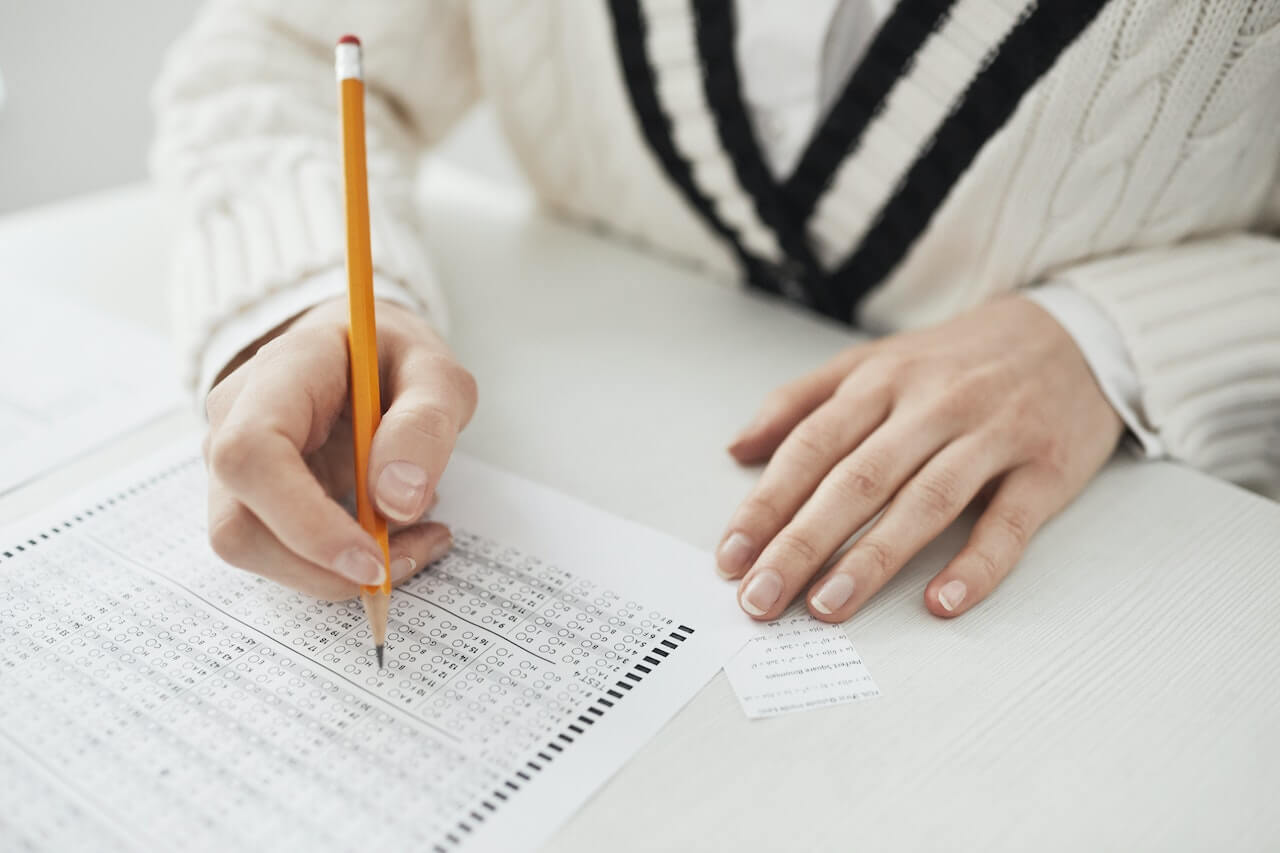Multiple-choice exams - Preparation and Writing Strategies

Aren't final exams quite the challenge? For most students, this time is critical as it can influence whether you proceed with your university studies or graduate. To help you feel better prepared, we’ve outlined preparation and writing strategies for multiple-choice exams. We’ve previously covered oral exams and will cover essay exams in an upcoming post.
Multiple Choice Exams
Multiple-choice exams require students to recognize the correct answer among a set of 3-4 distractors. Although these exams seem straightforward, they present unique challenges. Let’s explore some common perceptions and realities:
Why Multiple-Choice Exams Seem Easier
- The correct answer is always included, allowing for lucky guesses.
- They often emphasize basic definitions or comparisons, not complex applications.
- They usually include more questions than essay exams, reducing reliance on lengthy responses.
Challenges of Multiple-Choice Exams
- Require thorough familiarity with course material, not just surface-level understanding.
- Demand knowledge of specific details like dates, names, or vocabulary.
- May include poorly phrased questions, increasing difficulty in discerning correct answers.
Improve Learning to Boost Memory
Cognitive scientists recommend “retrieval practice” to enhance memory. This involves recalling information from memory rather than passively reviewing it. Retrieval practice helps consolidate knowledge and improve long-term recall.
Practical Retrieval Practice Strategies
- Write down everything you can remember from a class or lecture.
- List five things you recall immediately after a lecture or class.
- Start study sessions by recalling what you revised the previous day.
Benefits of Retrieval Practice
- Strengthens memory by reinforcing stored information.
- Identifies gaps in knowledge for targeted review.
- Helps apply knowledge in new contexts, enhancing problem-solving skills.
For more insights on retrieval practice, visit this page or watch Dr. Pooja K. Agarwal’s talk on YouTube.
Memory Association Techniques
Here are a few mnemonic devices to improve memory:
Music Mnemonics
Use rhythm, rhyme, and alliteration to retain information.
Method of Loci
Associate information with familiar locations or routes for better recall.
Rhyming Mnemonics
Examples include “Thirty days has September...” for remembering the days in a month.
Chunking
Group information into smaller units (e.g., remembering items by categories).
Acronyms and Acrostics
Create abbreviations or sentences to recall concepts (e.g., “PEMDAS” for the order of operations).
For more memory tips, check out our Easy Ways To Improve Your Memory blog post.
Answering Multiple-Choice Questions
To succeed in multiple-choice exams, thorough preparation is key. Use these strategies to avoid common pitfalls:
Strategies for Answering Questions
- Read the question carefully before reviewing the options.
- Pay attention to key terms and words like “not” that change the question’s meaning.
- Use elimination to narrow down distractors.
Handling Difficult Questions
- Rephrase the question in your own words.
- Eliminate clearly incorrect options.
- Be cautious of absolute terms like “always” or “never.”
Reviewing Answers
- Before submitting, review your answers to identify mistakes.
- Double-check that your answers align with the question’s purpose.
Need More Help?
We offer online tutors and in-person tutoring in Johannesburg, Pretoria, Durban, and Cape Town.
Related Articles

Oral exams - How to prepare for different University exams
What is the primary objective of oral exams? To demonstrate knowledge and understanding of a subject matter and to showcase presentation, speaking, and interpersonal communication skills.
Read More

Do’s and Don’ts for Matric Exams
Studying for matric exams? We're covering everything from good study practices and routines to your “night before” routine and what to do on exam day. (read more)
Read More

How to Ace Your Matric Final English Exams
Your Matric final English exams might be weighing on you because there are so many unknowns. Don’t fret! Today we’re walking you through everything you need to know in order to ace your Matric final English exams. (read more)
Read More

We help families find their perfect tutor
Help your child improve their grades and get their confidence back.
GET A TUTOR